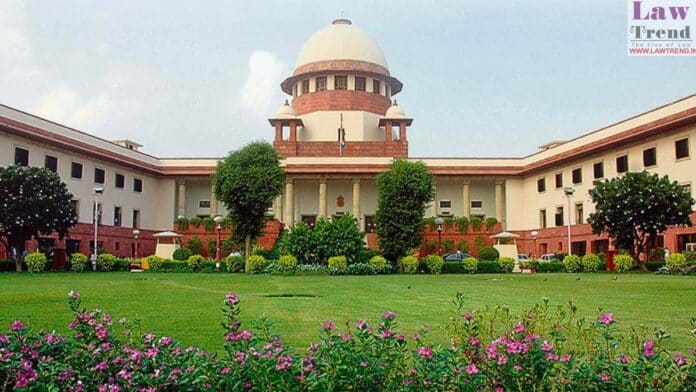The Supreme Court of India has called for the Union of India to respond to a petition filed by Safiya PM, a woman from Kerala who, though born into Islam, now identifies as a non-believer. She has challenged the applicability of Sharia law to her life, arguing instead for the governance of secular laws, specifically the Indian Succession Act, 1925. The bench, headed by Chief Justice DY Chandrachud and comprising Justices JB Pardiwala and Manoj Misra, delved into the legal complexities of the case in today’s hearing.
During the proceedings, Advocate Prashant Padmanabhan, representing Safiya, pointed out that this was the first hearing since the notice was issued. Additional Solicitor General Aishwarya Bhati, representing the Union, clarified Safiya’s position, stating, “She is asking as a practicing Muslim who wants to be governed by the Indian Successions Act.” Bhati also noted that while the Uniform Civil Code (UCC), which could potentially standardize personal laws across religions, is under consideration, there has been no definitive legislative action yet.
The court emphasized the need for thorough examination and directed the government to submit a detailed counter-affidavit. “This will require consideration. You file a counter, since we have issued notice,” remarked Chief Justice Chandrachud. The initial notice in this case was issued by the court on May 1.
Safiya’s petition seeks legal acknowledgment that non-believers should have the freedom to opt out of religious laws and be governed by secular statutes, particularly in matters of inheritance and civil rights. As General Secretary of Ex-Muslims of Kerala, Safiya has voiced concerns that current laws do not adequately protect those who renounce their religious faith, forcing them to adhere to personal laws that no longer align with their beliefs.




